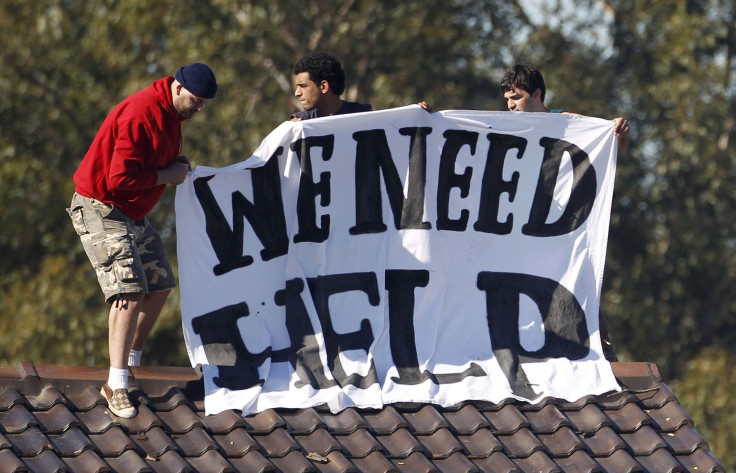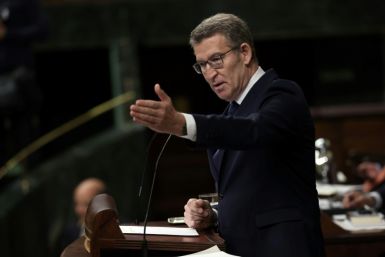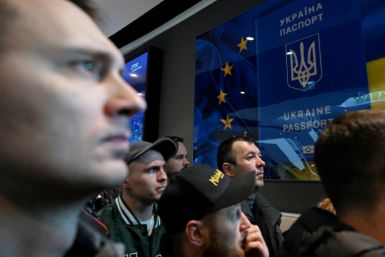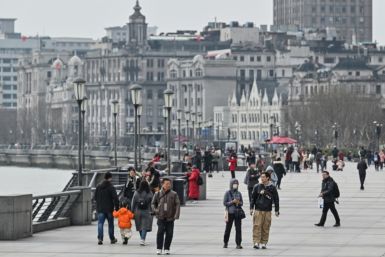United Nations Human Rights official cancels plan to visit Australian detention centres

Australia’s record on cooperating with the United Nations has come under fire after François Crépeau, a special rapporteur on human rights for migrants, cancelled his plans to visit detention facilities in Australia. Crépeau said he feared that the workers at those facilities could face a jail term of up to two years if they spoke to him.
According to the Border Force Act, which became law in May, anyone who reveals “protected information” on detention centres to a third party would be subjected to imprisonment. The Act was opposed by doctors and rights groups supported by the Labor party on grounds that it would prevent proper evaluation of the detention centres in terms of their performance in taking care of asylum seekers.
Attorney-General George Brandis admitted that the new law does have some provisions that prohibit the workers from communicating with a third party but defended Australia, saying the country is cooperating with the U.N. in all possible ways.
“Australia does cooperate with the UN in relation to our human rights obligations,” he told the ABC’s "Insiders" program on Sunday. “We are in very regular dialogue with relevant UN agencies who do a periodic audit of compliance by all the member states with human rights obligations and we have undertaken that exercise in my department quite recently.”
Shadow Foreign Minister Tanya Plibersek said that the government should have assured Crépeau that those who would be helping him in his fact-finding mission would be given protection.
“Of course Australia should give the special rapporteur an assurance that no one speaking to the special rapporteur would be subject to prosecution,” Plibersek told ABC TV. “We need to be careful with the personal details of refugees or asylum seekers in detention but the idea that people couldn’t confidently inform the special rapporteur of what is going on is ridiculous.”
Crépeau has written to the Australian government seeking assurance that those who speak to him would not end up in jail as a consequence.
On Saturday, a spokesperson for Immigration Minister Peter Dutton told The Guardian that Crépeau’s reaction was unfortunate, and that government will try to facilitate any future visits.
Contact the writer at feedback@ibtimes.com.au, or let us know what you think below.






